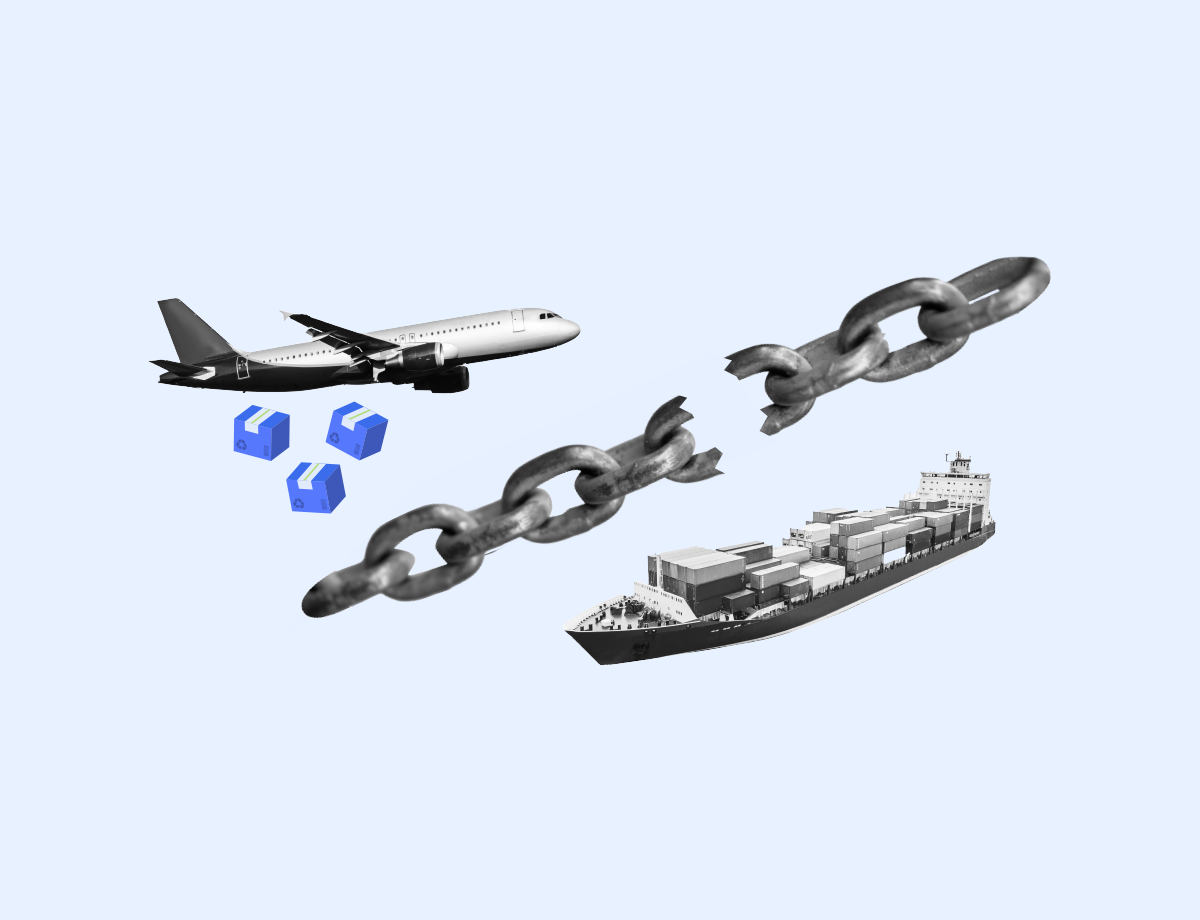Timely payments shape every B2B relationship you build.
Clients, vendors, or internal agencies notice when deadlines are met consistently. A single late payment can ripple into liquidity problems and reputational damage.
What Timely Payment Means
Timely payment means meeting the agreed due date, or paying before it.
You honor the invoice date and follow each contract’s payment terms.
In most cases, this discipline prevents liquidity problems and shields you from late-payment penalties that can spiral into significant bills. For example, a buyer who consistently pays on time can avoid interest charges and maintain better budgeting.
Delivering prompt payment demonstrates a critical commitment to partners.
Suppliers and agencies value reliability, often offering better terms and services to those with consistent payment behavior. Over time, this consistency leads to more stable and more profitable relationships that benefit both parties.

The Role of Invoice Dates
Every transaction begins with an invoice date, marking the start of your payment timeline. That timestamp corresponds to the due date and indicates when your buyer is expected to pay.
By aligning internal processes and budgeting to that critical starting point, you avoid confusion and late approvals.
Most companies track net 30 or net 60 payment terms, but some negotiate 90-day end-of-month payment terms. To determine the optimal cycle for your business, consider your cash flow requirements and industry standards.
Regardless of the cycle you choose, clearly documenting the invoice date and applicable terms ensures all parties are aligned and ready to process timely payments.
Risks of Late Payments
Late payments can disrupt your supply chain and result in delayed services, as some suppliers may delay future work until past invoices are settled. Then you pay interest on overdue bills, compounding the cost of that one missed due date and eroding financial stability.
Late payments also stain your reputation with new customers, agencies, and existing vendors.

Understanding Payment Terms & Timeline
Payment terms define how long you have to pay for goods or services, and what happens if you don’t. They cover your due date, any early-payment discount, and the rate you’ll pay interest on overdue invoices. Clear payment terms protect both buyer and seller from unexpected bills and support budgeting.
For example, a small business may negotiate net 30 to improve cash flow, while larger companies accept net 60 or 90-day end-of-month terms. You determine the most applicable terms during contract talks. Maintaining those provisions helps you ensure timely payments and avoid disputes.
A payment timeline maps each step from invoice issuance to final settlement. First, you issue the invoice on the invoice date, which leads to clear tracking of transactions.
Next, your accounts team reviews purchase orders, receipts, and other documents within a specified timeframe to identify errors early. Then they approve or flag any issues so you can still meet the due date.
Finally, you submit funds by that date to secure prompt payment and shield your business from late fees. This structured approach is critical for maintaining supplier trust and driving consistent, timely payments.
Importance of Timely Information
Timely information means having all required documents available before processing payment. That includes accurate purchase orders, receipts, and invoices. Spotting errors early avoids administrative hiccups that cause 61% of late payments.
Centralize document storage and standardize templates so everyone knows where to find what they need. That approach prevents cash flow problems and maintains financial stability.
Best Practices to Ensure Timely Payment
- Agree on clear payment terms. This includes due dates, early-pay discounts, and penalties. Consider automating reminders to help track due dates and avoid delays
- Automate reminders. Send alerts five days before every due date to avoid surprises.
- Match invoices to purchase orders immediately. That linkage cuts disputes and speeds approvals.
- Review invoices on the invoice date. Early scrutiny prevents cash flow problems later.

Leveraging Automation for Prompt Payment
Automating processes like invoicing and reminders can reduce manual steps and help ensure timely payments.
Automatically matching invoices to purchase orders eliminates disputes and streamlines the approval process. That can reduce administrative workload and allow your team to dedicate more time to core operations.
Benefits of Early Payments
Some suppliers offer early payment discounts or better pricing for prompt payment, with terms varying by supplier. For small businesses, those savings help reinforce financial stability.
Early payment shows you value your partner’s cash flow as much as your own. That mutual respect fosters stronger, longer-term agreements. In many industries, a slight discount outweighs the cost of capital.

Building Strategic Supplier Relationships
Meeting agreed payment terms fosters credibility with suppliers over time.
In most cases, suppliers view consistent, timely payments as a critical indicator of reliability. For example, small businesses that deliver prompt payment often receive custom provisions or have interest waived on their bills.
You determine success by tracking on-time performance, which benefits your budgeting and cash flow. Upholding your payment terms and ensuring timely payment positions you as a priority business partner rather than just another agency or vendor.
A track record of prompt payment signals reliability and strong financial health. Customers, suppliers, and agencies expect a buyer to honor every due date, especially in industries where cash flow problems can cripple operations.
This approach leads to preferential pricing, early access to scarce inventory, and lower risk assessments from both the seller and the buyer. Ultimately, each timely payment serves as a gateway to new opportunities, strengthening your network and transforming simple transactions into enduring partnerships.
Conclusion
Timely payments can improve cash flow and avoid late-payment penalties. By defining clear payment terms and tracking invoices, you help ensure prompt payments and financial stability.
Early payments can unlock discounts and strengthen supplier relationships, while consistent on-time performance signals reliability to buyers, sellers, and agencies alike. Implementing these steps can support more predictable operations and long-term relationships.





